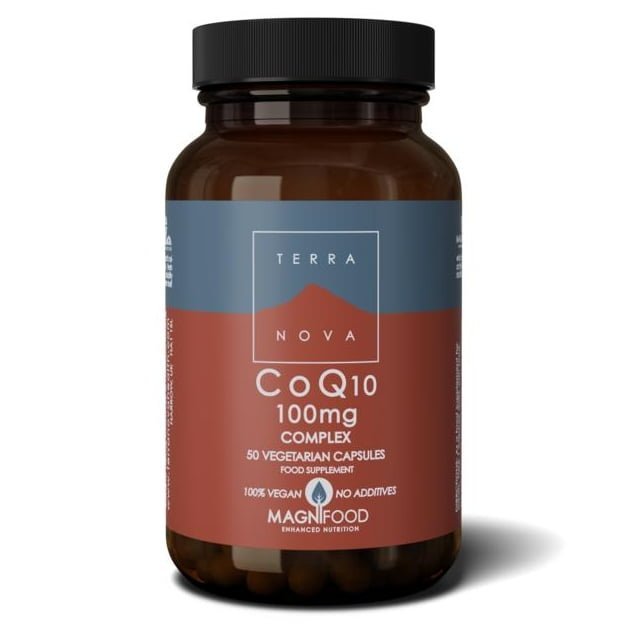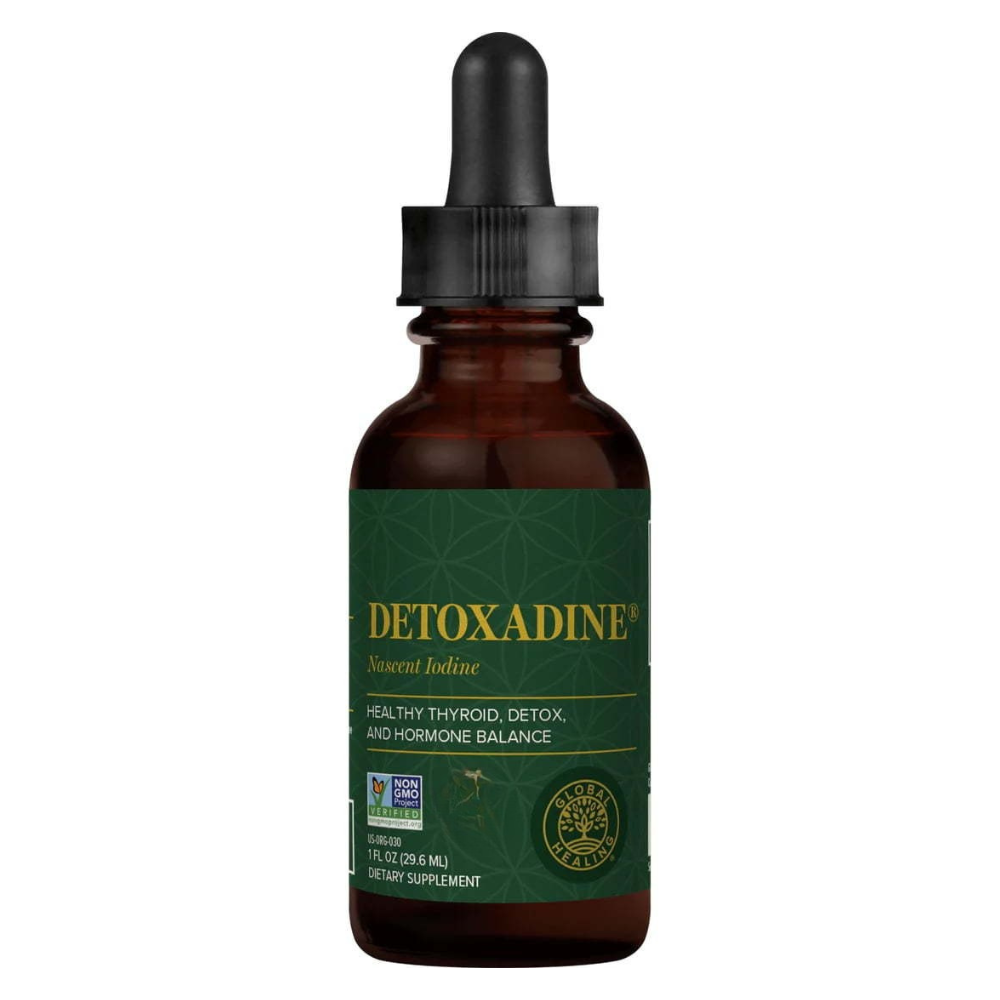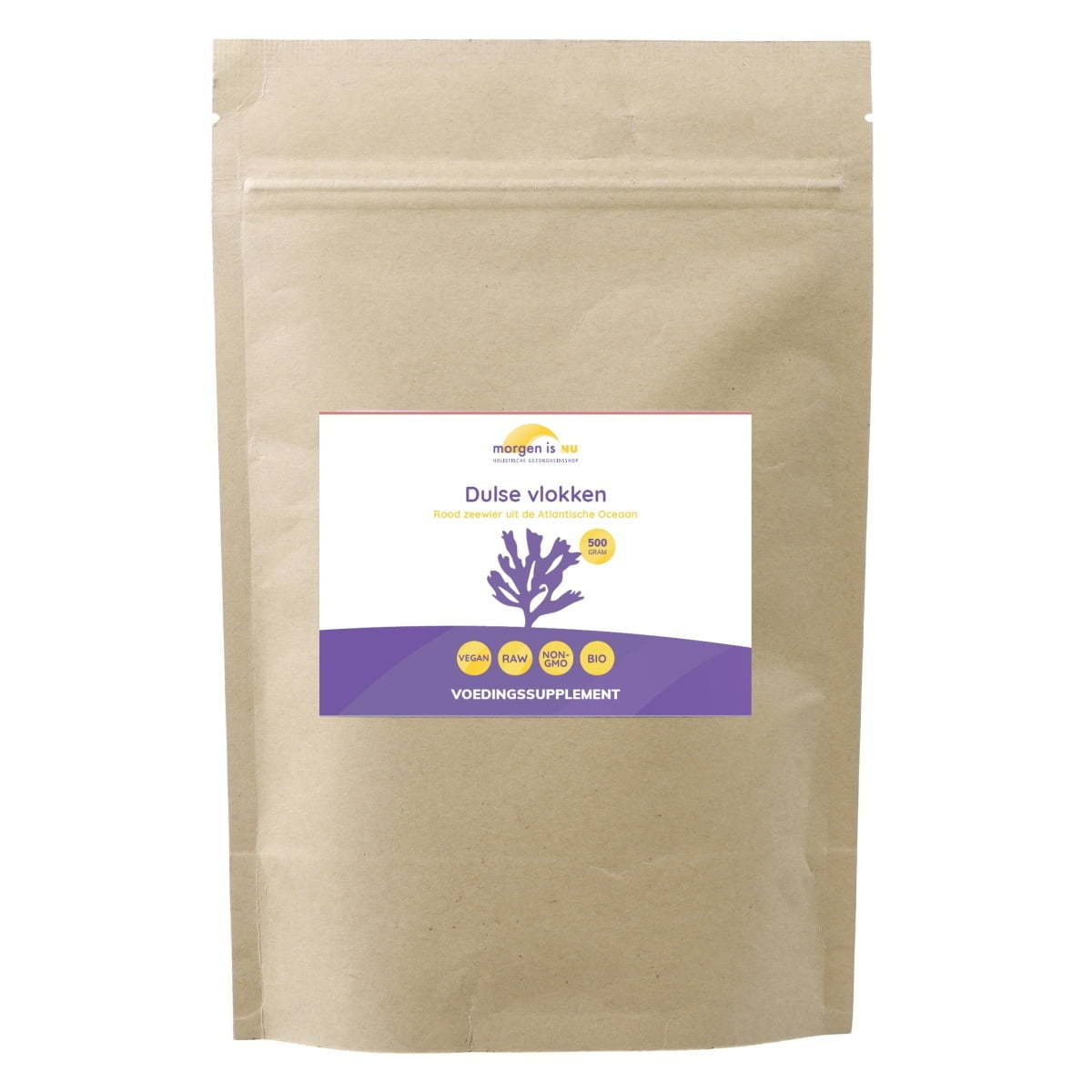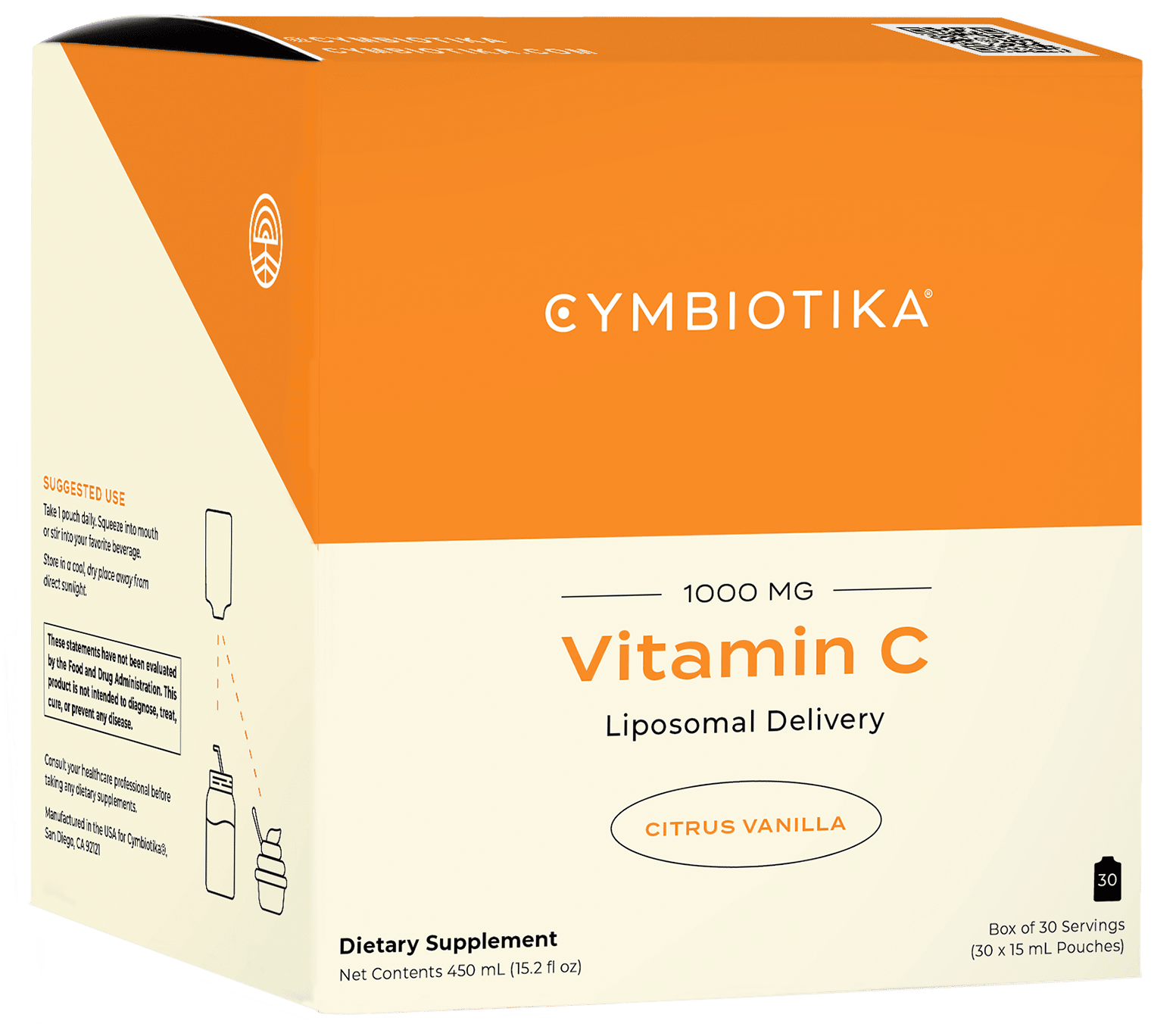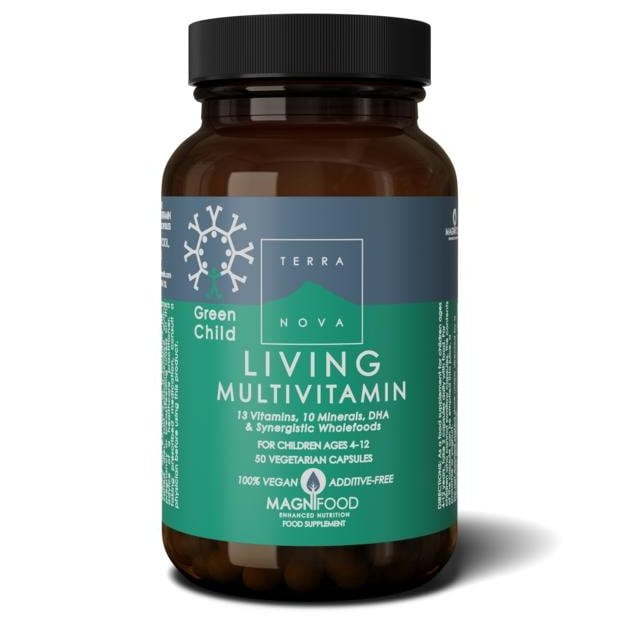Vitamins & Minerals
Most ordered products
Blogs about Vitamins and Minerals
Our modern lifestyles and changes in food production have led to a growing need for additional nutrients. Three important supplements – vitamin D3 (combined with K2), zinc, and magnesium – each play a crucial role in maintaining good health and preventing deficiencies. Read more about the importance of these substances in our blogs.
Vitamin D3 and K2: During the fall and winter months, many people struggle with vitamin D3 deficiency due to a lack of sunlight. Vitamin D3 is essential for the absorption of calcium from our diet. Without enough vitamin K2, which ensures that calcium is transported to the right places such as bones and teeth, D3 intake can even pose health risks. A lack of K2 can lead to problems such as arteriosclerosis and kidney stones, making the combination of these vitamins crucial for optimal health.
Zinc: This essential trace element is involved in over 300 enzymatic processes in the body, including immune system support, cell division, and DNA synthesis. Despite its abundance in many foods, the declining nutritional value of our diets means that many people do not get enough zinc. Supplementation can help to replenish these deficiencies and improve overall health.
Magnesium: This mineral plays a role in numerous bodily functions, from muscle function to energy metabolism. A magnesium deficiency can lead to fatigue, muscle cramps, and even serious health problems. The balance between magnesium, calcium, vitamin D3, and K2 is essential, because these nutrients support each other in their functions. Supplementing with magnesium can help maintain this balance and prevent deficiencies.
- Fat-soluble vitamins (A, D, E, K): Take with a meal containing fat.
- Water-soluble vitamins (C, B-complex): Can be taken at any time of the day. B12 is best absorbed on an empty stomach.

